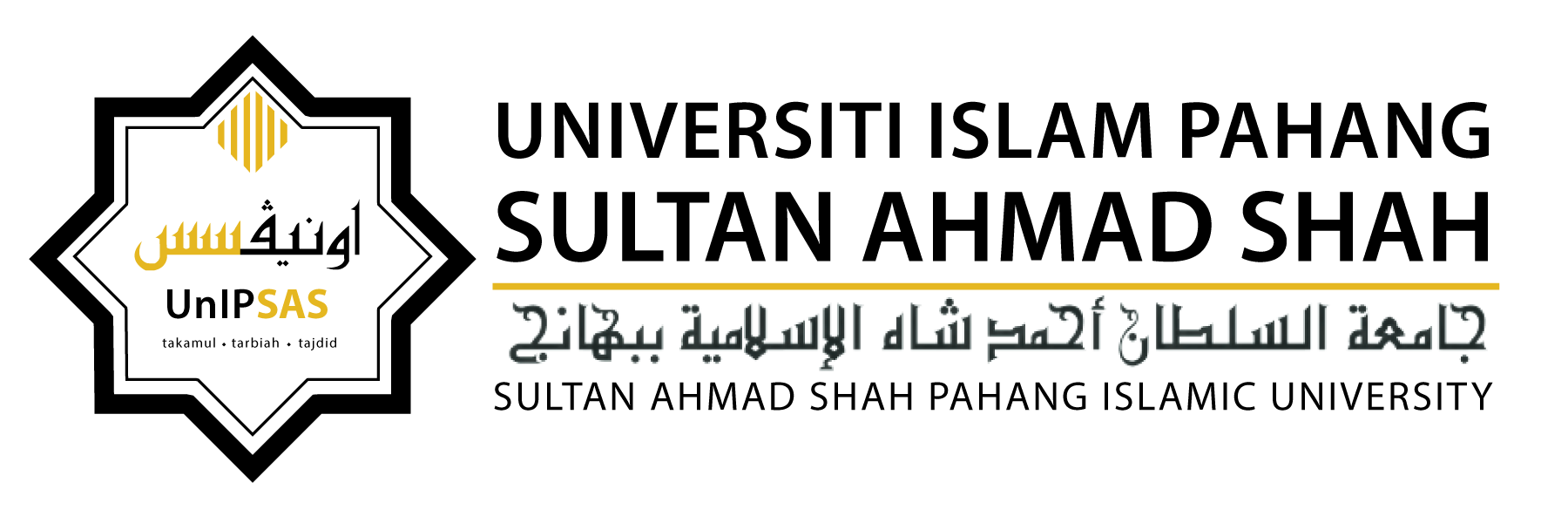DISAGREEMENT ON THE RULES OF PROPOSITION RELATED TO SUNNAH AL NABAWIAH AND ITS IMPLEMENTATION AND EFFECT IN SUNNAH FIQH: A COMPARATIVE STUDY BETWEEN THE AL SYAFII AND AL HANBALI SCHOOLS.
Keywords:
Prophetic Tradition, Fundamentals, School of Thought, Comparative, LawAbstract
The Muslim nation holds a general consensus of opinion that al-Sunnah al-Nabawiyyah (Prophetic Tradition) represents itself as the second source of Islamic Jurisprudence which Allah has ordained as a sacred and holy law upon the humankind in entirety. Thus, in accordance to the noble status, lofty rank and great importance of al-Sunnah al-Nabawiyyah in Islamic tradition and its vigorous relationship with the al-Quran al-Karīm, Allah The Almighty has selected for the Muhammadan Nation, throughout the different ages and eras, groups of dedicated scholars who sacrificed their lives and wealth in order to preserve this great source from fading or being tainted and tarnished with false and deviant opinions and methodologies unqualifed and self-claimed scholars. Amongst the various efforts and works done by the scholars, especially the Muhaddithūn, Fuqahā’ and Usūliyyūn, was to differentiate the authentic prophetic narrations from the weak and false ones, according to a group of well established and examined methodologies in accepting or rejecting the narrations pertaining al-Sunnah al-Nabawiyyah and then to understand the meanings and teachings of the traditions in various aspects of life. Nevertheless, despite the general consensus of opinion that emphasizes the obligation of referring to the al-Sunnah al-Nabawiyyah in establishing Islamic laws, the majority of laymen Muslims and a great number of researchers and students of knowledge find numerous differences in opinions amongst the scholars themselves pertaining Islamic laws which are derived from al-Sunnah al-Nabawiyyah.





